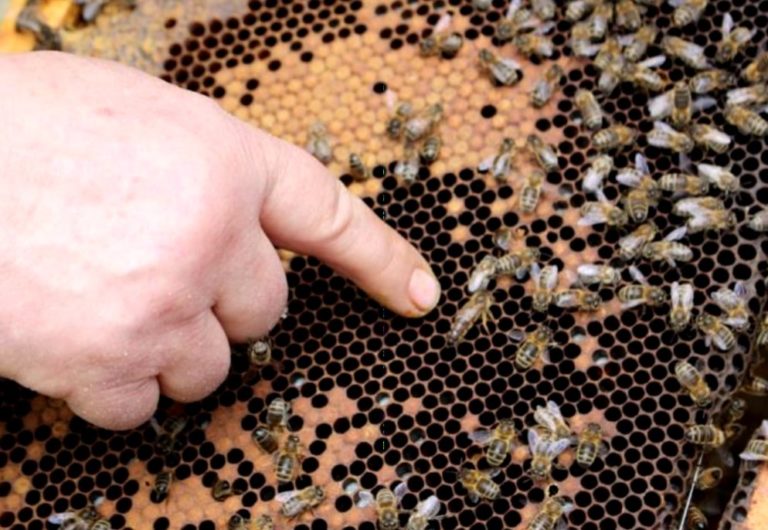Hive records, also known as beehive records, are crucial for beekeepers and researchers to monitor and manage bee colonies effectively. These records provide valuable information about the health, behavior, and productivity of the bees. Here are a few reasons why hive records are important:
- Colony Health Monitoring: Hive records allow beekeepers to track the overall health and well-being of the bee colony. By recording factors such as population size, brood patterns, and the presence of pests or diseases, beekeepers can identify potential issues and take appropriate measures to address them. Regular monitoring helps in the early detection of diseases or pests, preventing their spread and minimizing their impact on the colony.
- Honey Production and Harvesting: Hive records help beekeepers track honey production throughout the season. By recording the honey stores and tracking nectar flows, beekeepers can determine the appropriate time for honey harvesting. This information is crucial for optimizing honey production and ensuring that the bees have enough resources to survive.
- Swarm Prevention and Management: Bees have a natural tendency to swarm, which can lead to the loss of a portion of the colony. Hive records can help beekeepers identify signs of swarming, such as increased bee population, queen cell development, or congestion in the hive. By monitoring these indicators, beekeepers can take preventive measures to reduce the likelihood of swarming or manage it effectively if it occurs.
- Queen Health and Replacement: Hive records assist beekeepers in monitoring the performance and health of the queen bee. By keeping track of the queen’s laying patterns, brood quality, and behavior, beekeepers can assess the queen’s productivity and detect signs of potential issues. If necessary, they can replace the queen to maintain a strong and productive colony.
- Research and Scientific Study: Hive records contribute to scientific research and understanding of bee behavior, health, and ecology. Researchers rely on comprehensive hive records to analyze trends, study the impact of environmental factors, develop strategies for disease prevention, and assess the overall health of bee populations.
Overall, hive records play a vital role in effective beekeeping, enabling beekeepers to monitor colony health, optimize honey production, prevent swarming, and contribute to scientific knowledge about bees.

